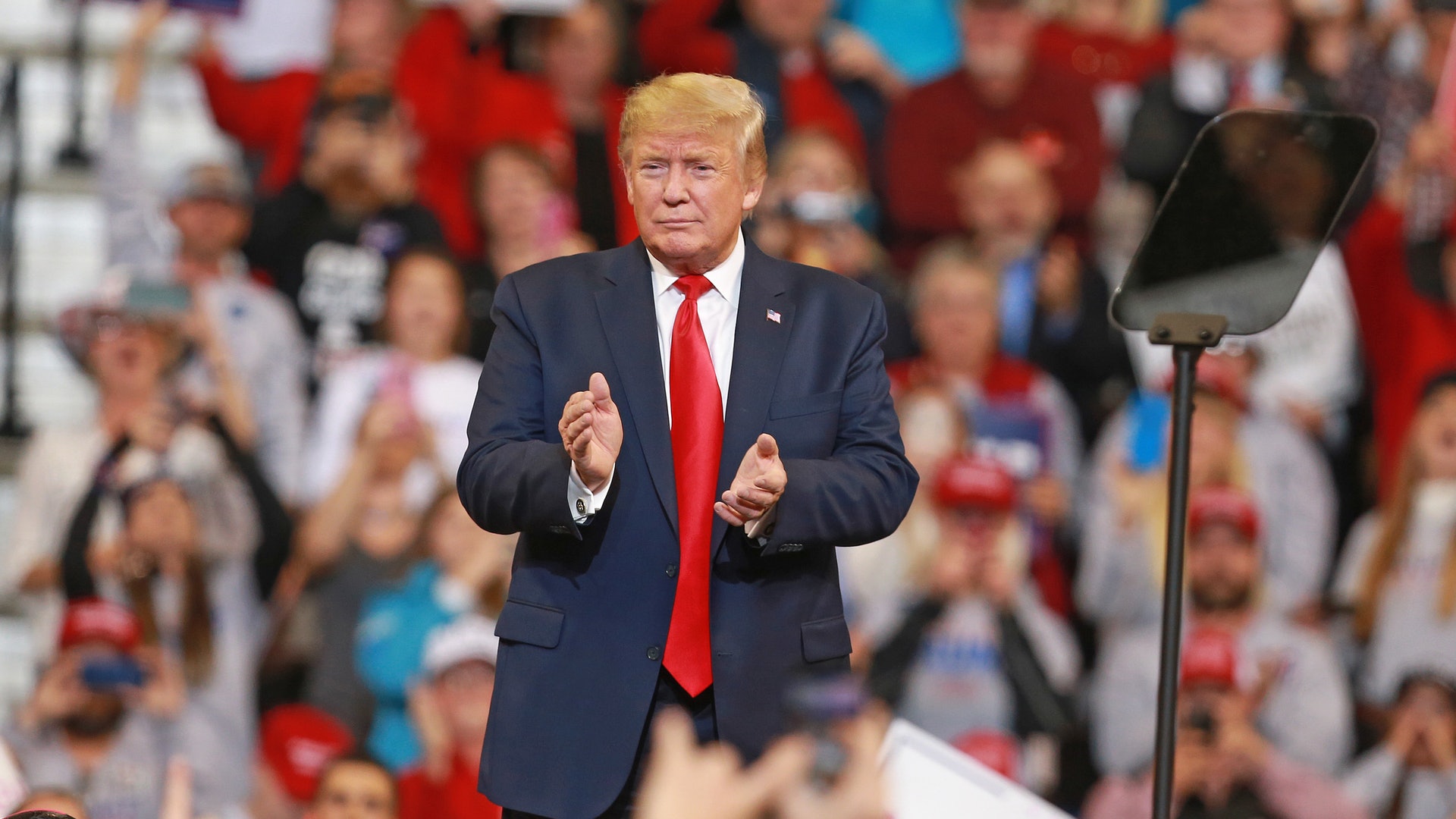By the end of November, the US House of Representatives and the Senate had passed a Hong Kong Bill on Human Rights and Democracy, which will soon be submitted to the desk of US President Donald Trump.
What is the prospect of the Hong Kong issue after the signing of this bill? Considering that it is not uncommon for the United States to intervene in the internal affairs of the country in the name of human rights, the prospects for this storm seem to be predictable.
How can Washington’s politicians take to the streets?
At present, the sentiments in Beijing and Washington have been mobilized: on the Capitol Hill, whether it is Republican Rubio (Rio), or the recently promoted Trump Democrat Nancy Pelosi ) Their concern for “human rights in Hong Kong” seems to be the same. In this regard, the Chinese Foreign Ministry has responded in the words “not to be prejudiced”.
Indeed, the bill must state that Washington should “urge” Beijing to stop “unnecessary interference” with Hong Kong, ensure that Hong Kong voters “have universal suffrage for the Chief Executive and the Legislative Council,” and shout “supporting the establishment of a truly democratic Program”.
According to this bill, the United States does have some ideas. For example, there are provisions in the bill that require the relevant US departments to check whether there are re-exports through Hong Kong for the bulk of goods used in China’s domestic monitoring and social credit system. However, the world’s two largest monitoring equipment companies are in mainland China, and they have been “sanctioned” by the United States early, which means that similar products are unlikely to be re-exported through Hong Kong.
In addition, the U.S. government must also conduct “annual review of the autonomy of Hong Kong” and “sanction officials who violate Hong Kong’s autonomy and human rights.” To this end, the US Consulate General in Hong Kong has to regularly produce a dynamic blacklist so that the US can take measures at all times. What specific measures can the US take?
Look at the targeted measures of the United States on the Ukrainian issue five years ago. At that time, the United States implemented measures such as freezing assets, refusing to issue visas, and refusing to enter the country. There are similar details today. If there is any new content, it is to ensure that those who have been arrested for taking to the streets or other excessive actions will not be refused due to the case. It seems that the specific behavior of the US will stop there.
In fact, analysts see the new US bill, and should think of Pelosi’s 27-year-old initiative to promote a cross-party bill, the 1992 China Student Protection Act (CPSA). But what is happening in Hong Kong now seems to be insufficient for the United States to open a higher price.
In this way, things will become ironic afterwards. Washington politicians can shout in the parliament that they “stand with Hong Kong’s supporters of democracy,” but the Washington politicians far from the other side of the ocean are specifically prepared to work with them. Are the protesters standing together?
Hong Kong is not Kurdish or Ukrainian
In a sense, the direction of the Hong Kong issue may be predictable from the beginning.
For example, Rubio has repeatedly stressed that China has been weakening the “independence and freedom” of the United States in Hong Kong. This kind of worry and anxiety is based on its political philosophy. On the one hand, it is from the pressure of “public political correctness” by American public opinion. On the other hand, it is also related to the specific interests of the United States. This is related to the Article 23 process of the Basic Law, which Beijing has been hoping to adopt and implement in Hong Kong.
Article 23 of the Basic Law prohibits foreign political organizations or groups from conducting political activities in the Hong Kong Special Administrative Region. It also prohibits political organizations or groups of the Hong Kong Special Administrative Region from establishing contacts with foreign political organizations or groups.
If the decree is passed and implemented in Hong Kong, it will definitely change the status quo of Hong Kong’s “spy paradise”. The measures taken by the powerful institutions in the United States to “survive” can be imagined.
When establishing an order that is good for itself, the US will show support or assistance to a slightly capable role. For example, Trump resumed military assistance to the Egyptian army of $195 million in 2018. At the end of the Syrian war, the United States also made a big effort to package Syrian Kurdish arms into its own “allies” with a small number of light weapons and hundreds of “Puma” off-road vehicles. But this kind of ally relationship is ultimately serving the interests of the United States.
Many things that happened after 2011 have also been seen outside. Ukraine, which purchased 210 Javelin anti-tank missiles and light weapons for US$47 million, cannot protect itself; Syria’s “White Helmets” received official US support and assistance. The organization is also in the predicament of the death of the founder and the death of most of the abandoned battlefields. Fortunately, the Kurdish armed forces have not followed the United States to a black road. As early as 2017, they have taken up relations with Russia, avoiding the loss of the entire lost school.
Today, Trump is about to sign the bill. Fortunately, Hong Kong is not Ukraine, and it is far from Kurdish. Before the United States chooses to implement substantive measures in this bill, he still needs to measure the pros and cons.
In the final analysis, the bill itself is empty. As for the specific measures of its specific measures, it depends not only on the next confrontation and action between China and the United States, but also on Beijing’s determination to counter the system, and the United States. Willing to bear the cost of Beijing’s counter-measures.












